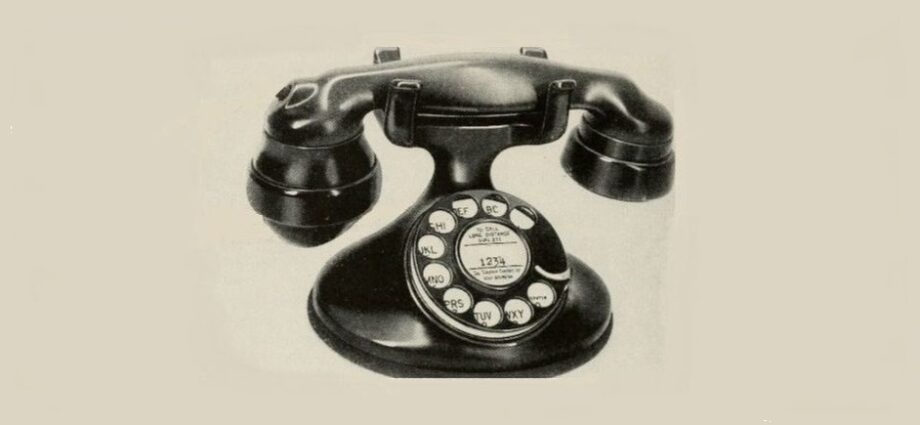Websites developed around an organisation’s need to promote their products and communicate with their customers. The technology is constantly evolving but the basic website requirement is still to provide a ‘shop window‘.
There are several non-website digital options available which can fulfil this function i.e. providing information on the club to an online audience. These include social media, forums, club pages (within an umbrella organisation’s website) or directory listings.
Many clubs will pursue one or more of these options quite successfully but care needs to be taken that they are not counter-productive e.g. they work well for the club but some people may feel excluded due to onerous sign-up procedures or a fear that they are intruding into a close knit group.
As with any solution, there are pros and cons to consider. A few are listed below…
Forums (Message Boards)
Forums (or message boards) require members to sign-up in order to post questions and take part in discussions. The forum administrator may need to approve all new applications, depending how the forum is configured. Posts may be open to the public (open) or only visible after signing in (closed).
An open forum may dilute the club as anyone can take part and users can be anywhere in the world so more unlikely to pay membership fees or attend events. Club members may resent their forum being run for the benefit of non-members.
A closed forum creates a barrier to finding out about the club and discourages casual interest. People generally do not want to go through a sign-up and approval process just to find out how to contact the club or to get some information about an upcoming event.
Club members need to maintain a username and password and sign in on a regular basis. Members may feel excluded if only a small portion of the members are able to use online technology. The forum users become an inner circle which may lead to resentment within the club.
The forum administrator will need to establish rules and remove any posts which are sexist, racist or libellous. Forums can often be used to post spam which can be difficult to remove. The administrator needs to actively manage the forum which takes time and commitment.
Club Pages
Umbrella organisations, such as associations, often provide several pages for their members on their own websites. It is likely that there will be restrictions in terms of the type and amount of information that can be posted. For instance, the page may only contain a general description and contact details for the club.
Most websites require the club to send content to a website editor who may not always add the information in a timely manner. It may also take longer to correct mistakes. The umbrella organisation’s focus is usually on their own outcomes, not on the member clubs needs.
Club pages are on a sub-domain and, depending on how the website is configured, may be difficult for search engines to index properly i.e. the pages may not place very high on Google.
Directory Listing
A directory listing consists of a dedicated page or section within a searchable database featuring the club’s contact details (postal address, phone numbers and email addresses). The directory may be a general in nature, listing anything from plumbers to zoos or a specialist directory such as dentists.
Directories are a good way to ensure the club is found online but it can be difficult to keep the information up-to-date, particularly if the contact person changes every year or changes their contact details. When this happens across several directories, it is difficult for the general public to know which listing is correct.
Not all directories will list all clubs in an area and the club listing can generally be found only if you know which directory the club favours. Another common problem is the lack of a decent category for the club – often classic car clubs end up in the used car sales category with the result that the listing is irrelevant for people searching for used cars (and those looking for the club miss the listing).
Social Media
There are a range of social media options available such as Facebook and Twitter. These are generally good communication tools for clubs but the main drawbacks are that people trying to find information on the club may have to sign up and not all clubs are on the same platform i.e. people have to look in a variety of places for information.
Conclusion
As noted above, there are many tools available from social networks to forums and directory listings but these are limited in their scope and, in some cases, may actually exclude people who may not want to go through a sign-up process just to see if a club is worth joining.
They are also designed with specific goals in mind so may not always be focussed on the needs of a car club. The club may be steered by another organisation’s goals which may not always be compatible with the club’s needs. The club will also need to consider whether they should join any new networks when they appear and how much effort to invest.
Generally most clubs will use a mixture of online services. Each option has certain attractions but people do expect to end up on a website at some point. A website can show that the club does exist and that it is active. It also can contain up-to date information which may take longer to filter down to directories and forums e.g. a last minute event cancellation.
A website will give the club more control over the information it presents to the world. In some ways, not having a website is like trying to un-invent the wheel i.e. it already exists, is designed for a specific purpose and is accepted as the best tool available. A website will include many of the options listed above.
We’ll have a look at what most clubs include on their websites in Do We Need A Club Website? Part Three









